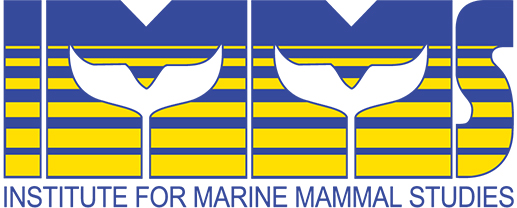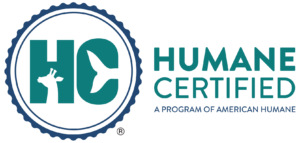The Institute for Marine Mammal Studies (“IMMS”) is a 501(c)(3) non-profit organization established in 1984 for the purposes of public education, conservation, and research on marine mammals in the wild and under human care. Located in Gulfport, Mississippi, IMMS has been an active participant of the National Stranding Network since its inception. IMMS is the premier stranding organization in the Mississippi-Louisiana-Alabama region of the Gulf Coast with the capability and expertise to care for sick and injured marine mammals and sea turtles. IMMS serves as an important educational outlet for the Mississippi Gulf Coast, incorporating programs for conservation, education and research of marine mammals and sea turtles and their environment.
The Institute for Marine Mammal Studies serves as a liaison between public and private entities interested in marine mammal science. IMMS has provided funding and facilities to graduate students in order to conduct their research. IMMS has also developed and supervised a marine mammal veterinary preceptorship program for final year veterinary students. Research at IMMS covers a broad range of scientific disciplines including population dynamics, underwater acoustics, health, genetics, microbiology, endocrinology, behavior, biomagnetism and ecology. The Institute has conducted studies in cooperation with scientists from the University of Southern Mississippi, Mississippi State University, Oklahoma State University, Portland State University, University of Miami, University of California, Berkeley, National Marine Fisheries Service, Naval Ocean Systems Center, Naval Research Laboratory, Jackson State University and Louisiana State University. Together with its scientific collaborators, IMMS hopes to make a significant impact on the health and well-being of dolphins in the Mississippi Sound and adjacent waters of the Northern Gulf of Mexico.
IMMS is proud to announce that our Ocean Adventures Marine Park is the only facility of its kind in the Mississippi-Louisiana-Alabama sub-region, providing on-site educational programs for the public and students along the Gulf Coast, inviting research and advancement opportunities to institutions of higher learning, and filling a void in dolphin rescue and rehabilitation along the Gulf Coast. The facility houses an educational museum, a 500 seat arena, classrooms, a state-of-the-art veterinary hospital, and additional facilities necessary to provide exemplary care for dolphins in every stage of rehabilitation.

